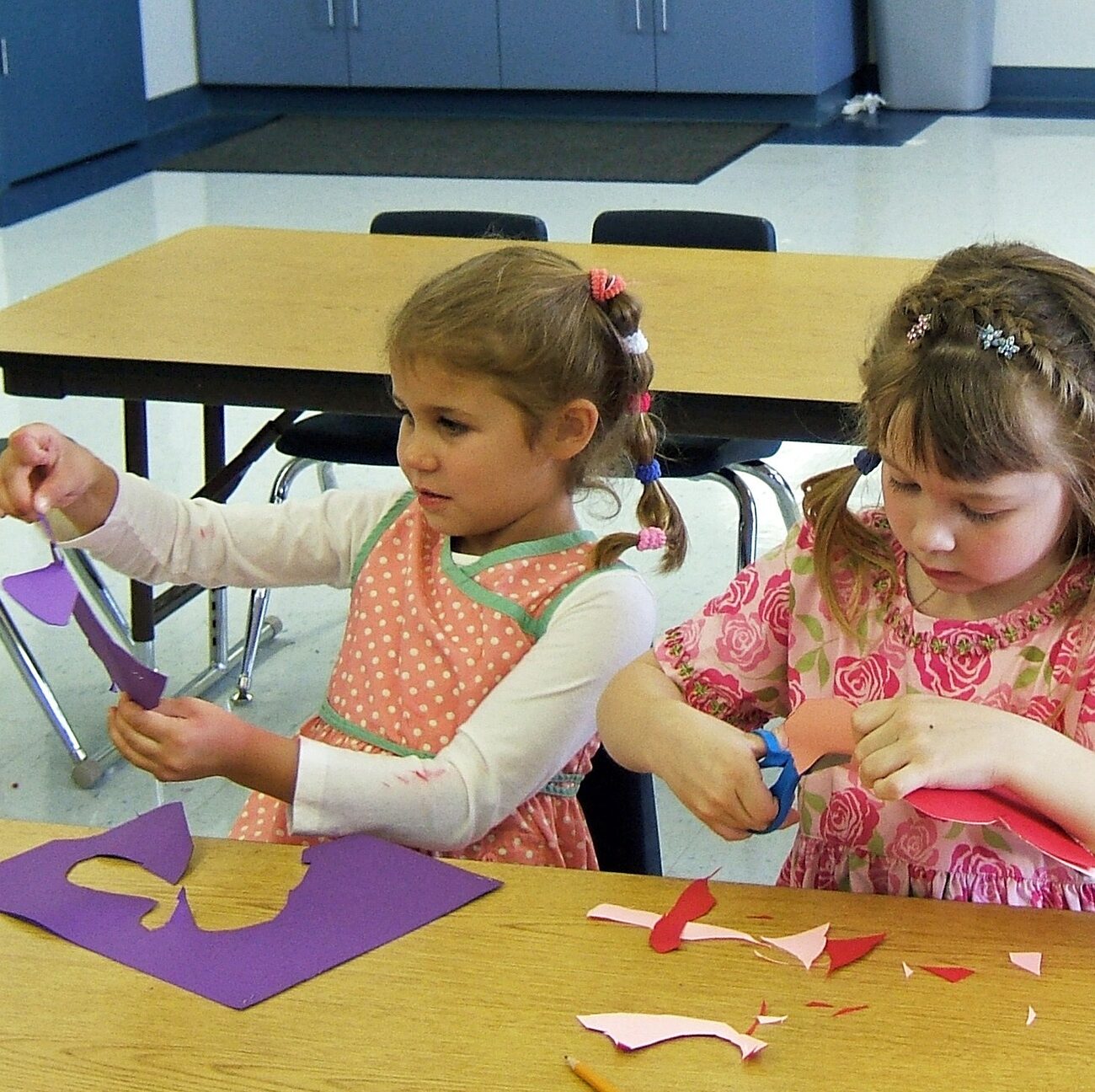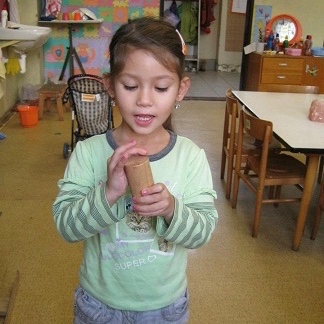PASS Neurocognitive basis
for inclusive eduaction

The PASSie-project is an Erasmus+ project with partners from University of Cyprus, National and Kapodistrian University of Athens, DYS-Centrum Praha, Skolutvecklarna in Sweden. Pedverket Kompetanse, Norway, is the coordinator. Here you can read more about the background for the project. A main activity in the project is the PASSie conference in Oslo September 8.-9. 2022. Please find link to the program and registration at the bottom of the page.
The Salamanca statement (1994), the UN «White Paper» for inclusive education, posits that every child and adolescent has a right to benefit from education in an inclusive school. In paragraph 2 it says:
- Every child has a fundamental right to education, and must be given the opportunity to achieve and maintain an acceptable level of learning
- Every child has unique characteristics, interests, abilities and learning needs
- Education systems should be designed and educational programmes implemented to take into account the wide diversity of these characteristics and needs
- Those with special educational needs must have access to regular schools which should accommodate them within a childcentered pedagogy capable of meeting these needs
Children and adolescents as individuals do typically not learn in the same way. The PASS-theory, planning-attention-simultaneous-successive, is a tool for analyzing and understanding similarities and differences in children’s learning, and how these are related to difficulties in reaching important developmental and achievement goals. “We get new glasses for seeing the children”; teachers says when they have learnt about the PASS processes and how they are related to the children’s learning. This knowledge facilitates coping with the diversity in a classroom and meeting the several needs in ordinary education. In this way the need for special education can be diminished, and more students can maintain an acceptable level of learning in the ordinary classroom.
Planning processes

When we are going to do something
Attention

When we are paying attention to something
Simultaneous processes

When we get the «big picture» and see how things go together
Successive processes

When we handle elements in sequential orders
The PASS-theory was developed by Jack Naglieri and J.P. Das, based on the research of the late Russian neuropsychologist Alexander Lurias. In further comprehensive research from 1970 to 1994, when the PASS-theory first was published, studies demonstrated relations to learning difficulties in academic skills, as well as several pschyciatric diagnoses. Such research has been continued, and is still going on in different parts of the world. It confirms what already Luria stated, these types of processes are basic in all mental activity in humans
.A few examples from this research was presented in the PASSie conference in September 2022. Here you can follow the streaming of the conference.
Many professionals in School Psychology Services and equivalents will know the PASS-theory from using the ability test CAS2, Cognitive Assessment System, which provides a PASS profile showing eventual strengths and weaknesses in these types of processing. Still, the PASS-theory is significant far beyond tehb field of special education and special educational support.
The PASS-theory can contribute to recognition of difficulties in mental processing, and to providing support tailored at the children’s needs. In addition, it provides a framework for identifying processing demands in significant parts of academic skill learning. Hence, these skills and required sub skills can be taught in ways activating all the four PASS processes and provide learning support for children with different types of processing difficulties.
The PASSie project is an ERASMUS+ project with partners from Greece, Cyprus, Sweden, Czech Republic, Sweden and Norway.

